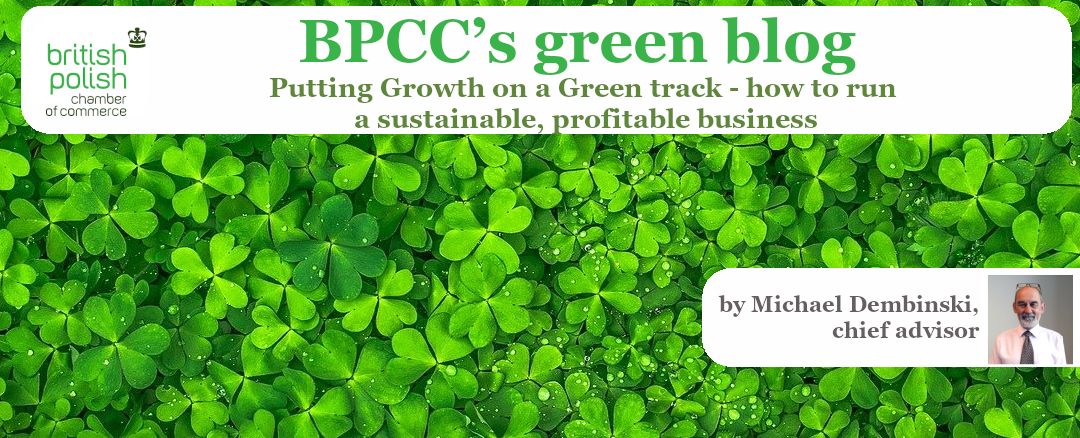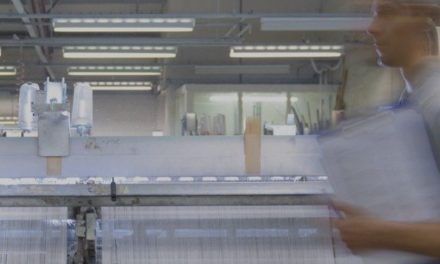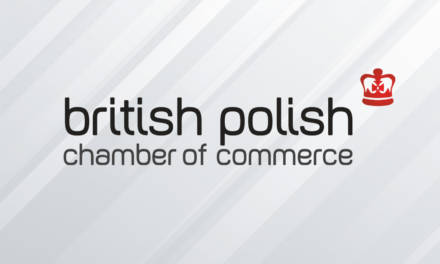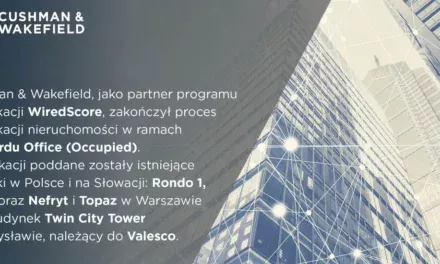The Green Blog, by Michael Dembinski, BPCC chief advisor
Just five months after the last temperature record fell (the hottest September in Poland ever), February 2024 joins it to become the hottest February recorded in Poland, being 5.9°C hotter than the average temperature for the month, beating the previous high (1990, which was 5.0°C hotter that average.) Temperature anomalies were recorded across the country. Skiing conditions in Poland were unusually poor.
While the balmy weather may have been welcome, resulting in lower heating bills and an early onset of spring, the hot February should serve to remind us all of the urgency of climate action.
Businesses, especially those with significant carbon footprints, must take this as a sign that the global climate is heating up inexorably, and double down on their efforts to reduce greenhouse gas emissions and embrace sustainable practices.
The science is could not be clearer: human activity is driving climate change, and businesses are major contributors to GHG emissions.
From energy consumption and transportation to waste management and production processes, businesses leave their mark on the climate. This February’s record-breaking temperatures are a symptom of a problem that we can no longer ignore.
So, what can your business do? Here are three steps to take if you haven’t already done so:
- Conduct a carbon footprint audit: Knowing your starting point is crucial. By measuring your current carbon footprint, you can identify areas for improvement and set realistic reduction goals. There are free resources online available to help businesses conduct these audits, but these BPCC members are also on hand to offer thorough environmental due diligence.
- Invest in green technologies: Transitioning from fossil fuel-based energy to renewable alternatives – such as photovoltaic panels, wind turbines or geothermal heat-pumps – needs to be done wherever practicable. So should investment in basic energy-saving technologies. And adopt sustainable practices in transportation and logistics to reduce your carbon footprint. A simple first step, however, is to take the opportunity to upgrade to more energy-efficient equipment as you replace old kit. Your procurement process should place green considerations high on the agenda.
- Implement circular economy strategies: Move away from the ‘take-make-dispose’ model and adopt a circular economy approach where resources are reused and recycled. Such measures dramatically minimise your environmental impact. This might involve using recycled materials in production, adopting product-as-a-service models, and minimising waste generation. Repair whatever can be repaired should be a first step, rather than discarding and buying new. But if you do buy new, make sure it’s the most energy-efficient product out there!
Taking action on climate change is not just about environmental responsibility; it’s also about future-proofing your business. Consumers are becoming environmentally conscious, and businesses seen to be taking genuine steps to cut their emissions will gain a competitive edge.
Last month’s temperature anomaly is worrying. Yet by embracing sustainability and reducing their carbon footprint, businesses can play a crucial role in mitigating climate change and ensuring a better future for themselves, and the economy, and the planet. If we don’t, we’ll see these record-breaking hot months coming ever closer together, and the records themselves increasingly dramatically with each passing year.



























